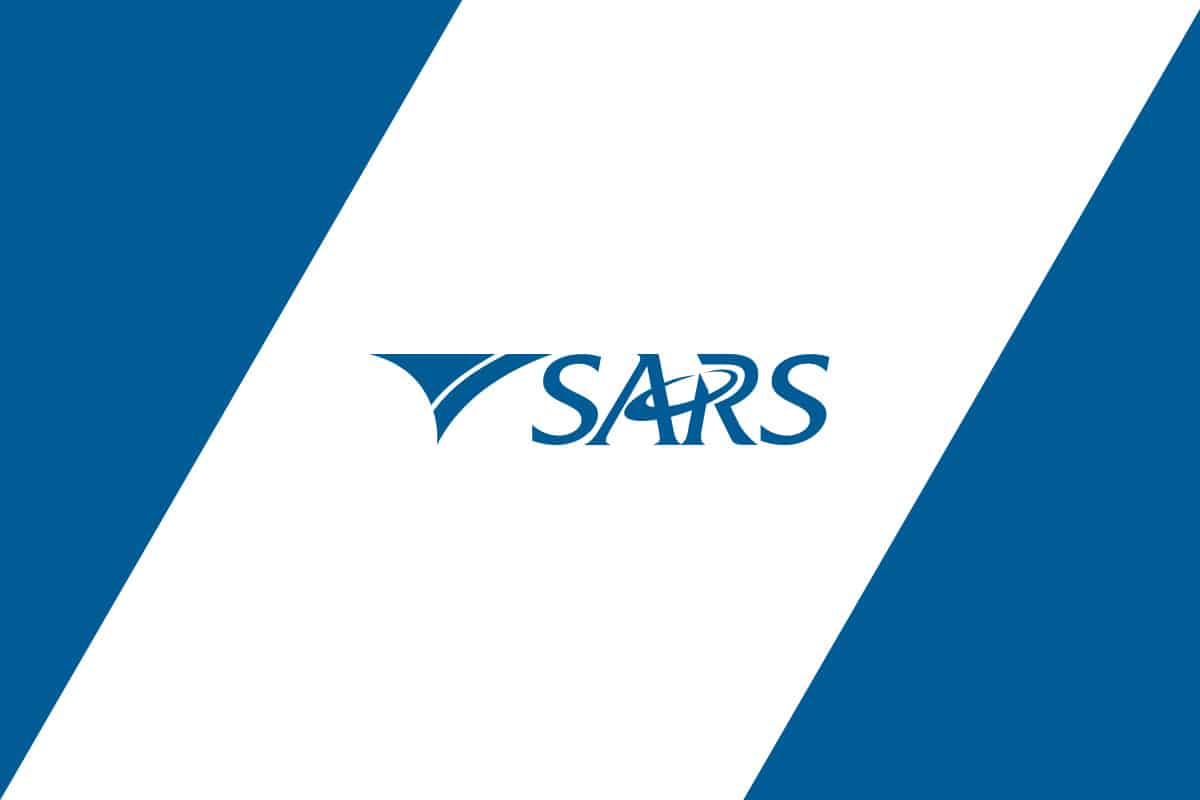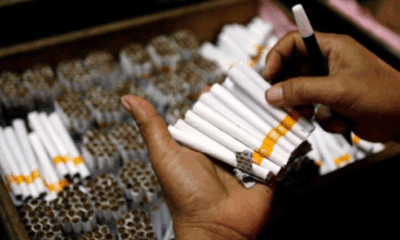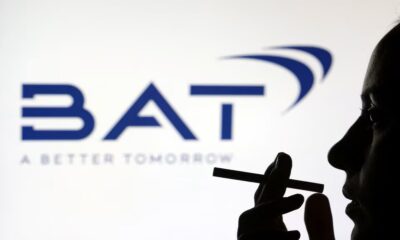Business
South Africa’s New Crime Crisis: Foreign Mafias Join Forces with Local Cartels

How the Illicit Trade Became the Perfect Gateway for Global Crime
South Africa’s black market is no longer a local problem. It’s becoming an international playground for organised crime. That’s the stark warning from the South African Revenue Service (SARS), which says foreign mafias and crime syndicates are now partnering with local networks to carve out territory in the country’s underground economy.
At the centre of this growing crisis lies a familiar culprit: tobacco.
Once a tightly regulated market, the tobacco industry was turned upside down during the COVID-19 lockdowns, when the government temporarily banned cigarette sales. What started as a health measure opened the floodgates to smuggling, counterfeit operations, and tax evasion on a scale South Africa had never seen before.
From Cigarettes to Cartels
According to SARS, the country’s legitimate tobacco trade has been losing billions in tax revenue every year. While consumption has risen over the past five years, collection from the industry has stagnated, leaving what officials call a R40 billion post-pandemic gap in excise revenue.
The taxman estimates that as much as 60 to 75 percent of South Africa’s tobacco sector is now controlled by the illicit market. That means up to R84 billion in tax losses, money that should have funded schools, hospitals, and public services.
But the bigger concern is what that money has enabled. The profits from illegal tobacco have given criminal groups enough capital to expand into other industries, from illegal mining and property development to money laundering and offshore investments. Some of these operations have spread to countries like the United Kingdom, the United Arab Emirates, and across southern Africa.
SARS says these networks have become more sophisticated, using fake financial channels, shell companies, and even local “service providers” to wash their cash. In one shocking revelation, an unnamed South African bank was found to have helped manipulate its computer system to hide transactions from regulators.
The Battle to Take Back Control
Despite the scale of the problem, SARS has not been sitting idle. The agency says it has recovered around R6 billion through criminal and financial investigations and has launched more than 40 property raids, revoked eight trading licences, and referred 86 criminal cases to prosecutors.
There’s still more work ahead. SARS is auditing another 28 high-risk entities, with a potential R6 billion in additional recoveries on the line. Assessments and schedules worth R45 billion have already been issued, showing how aggressively the agency is pushing back.
To strengthen its defences, SARS wants tougher penalties, faster prosecutions, and the power to hire more excise officers and auditors who can focus on high-risk products like tobacco and e-cigarettes. The service is also backing the new Tobacco Products and Electronic Delivery Systems Control Bill, which would tighten regulations on packaging, advertising, and production, provided that enforcement follows.
Why This Matters to Ordinary South Africans
At first glance, the fight against illicit tobacco may seem like a tax story. But the deeper issue is about sovereignty and safety. When international cartels embed themselves in South Africa’s economy, they don’t just steal revenue. They buy influence, corrupt systems, and destabilise communities already struggling with unemployment and inequality.
For SARS, this is a test of resilience. For South Africa, it’s a reminder that the fight against organised crime isn’t happening in the shadows anymore. It’s unfolding in boardrooms, warehouses, and financial networks, often right under our noses.
Follow Joburg ETC on Facebook, Twitter, TikT
For more News in Johannesburg, visit joburgetc.com
Source: Business Tech
Featured Image: Nexia SAB&T



























